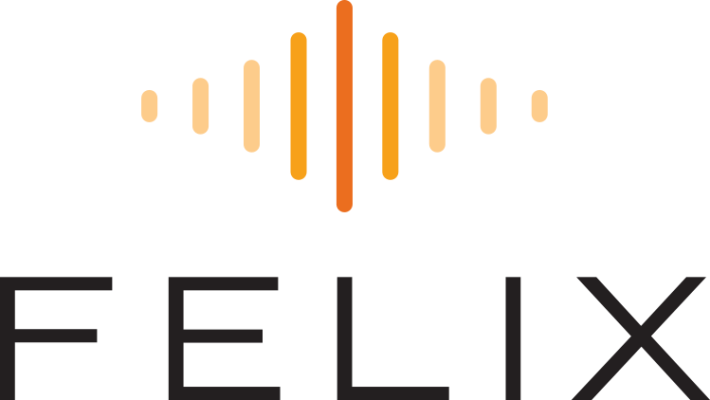Yext has made the famous startup pivot, shifting focus from its pay-per-call advertising service to a new product called PowerListings. But rather than simply abandoning its old business, the company is announcing today that it’s spinning off the pay-per-call part of the company into a wholly-owned subsidiary called Felix.
Yext CEO Howard Lerman says the pay-per-call business was doing just fine (it’s supposedly profitable and on-track to bring in nearly $30 million in revenue this year), but he saw an even bigger opportunity in PowerListings, a service that helps businesses update and synchronize their listings across more than 40 local search services in real-time. Now, he says that splitting the two companies seems like the best way to “maximize the value of both.”
The two teams were already working on separate floors, so in some ways this is just making the split official. At the same time, Lerman says the pay-per-call business has been neglected recently in favor of PowerListings, so with this news, we should see some “new momentum” behind the older product.
Another bonus: Until now, a technical bug meant that businesses could only sign up for either PowerListings or pay-per-call advertising. Starting tomorrow, they can sign up for both.
So why “Felix”? Yext co-founder Brent Metz, who will serve as CEO of the new company, compares the name to Siri, the mobile personal assistant technology that was acquired by Apple. Felix, Metz says, is a different kind of voice-activated intelligent agent — instead of helping you accomplish basic tasks on your iPhone, it listens to customer phone calls and determines which ones were actually good for your business. Metz wants to build out this technology further, to help businesses understand which calls are leading to sales, which ones aren’t, and why.
Yext itself, meanwhile, will continue to focus on PowerListings, which Lerman says has grown to more than 40,000 paid subscriptions in less than a year. The company was one of the startups launching products at the TechCrunch50 conference in 2009, a demo that led to a $25 million funding led by Institutional Venture Partners.
